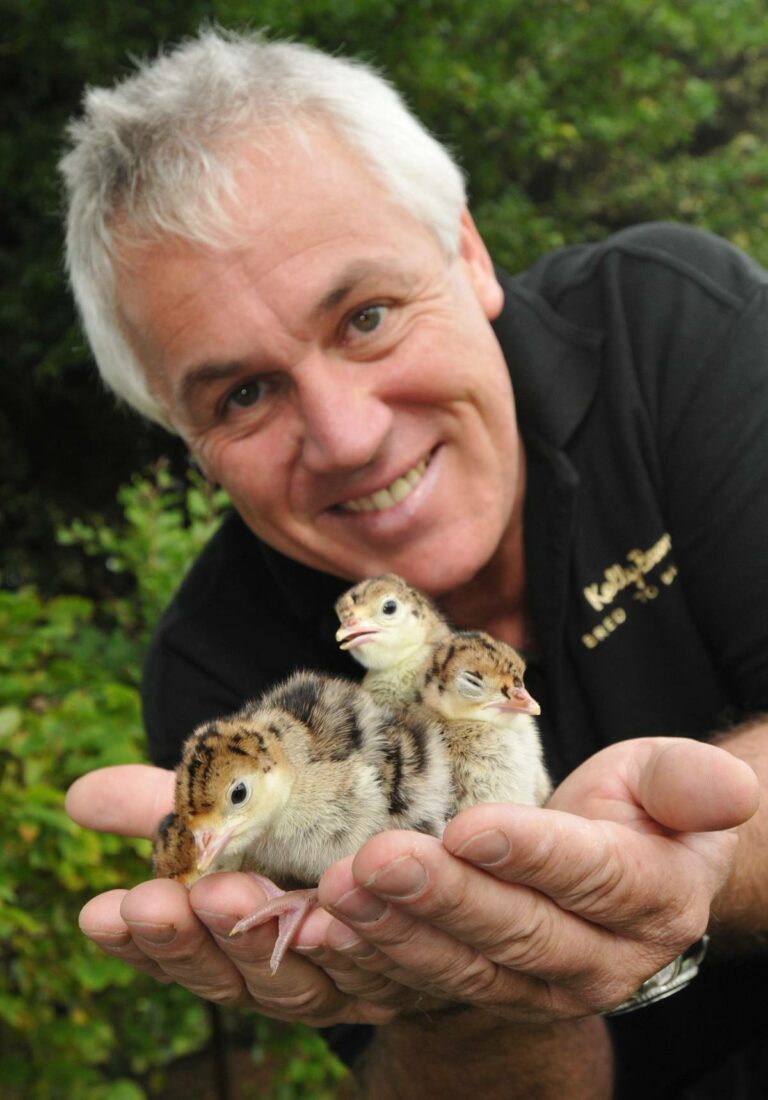Turkey producer and breeder Paul Kelly has called for the Government to consider the option of a vaccination policy against avian influenza in his annual letter to customers of FarmGate Hatcheries.
“Avian influenza is a big worry for all of us as it seems the virus is now endemic in the wild bird population and is with us for good,” said Kelly, managing director of FarmGate Hatcheries which supplies poults to producers of traditional Christmas turkeys.
“The UK is not alone in the devastation this disease is causing – it is a worldwide problem. The authorities are trying to contain it exactly as the world tried to contain Covid. The difference is flocks can be slaughtered and the source eliminated.
“I feel it is getting to the stage where we must accept AI cannot be controlled and the financial losses are so big it could decimate the industry, as it has in parts of Europe.
“The authorities must surely accept defeat in trying to control the disease – and now look seriously at vaccination as the only way forward to protect the industry. The same decision that was made for Newcastle Disease in the 1970s.”
Currently a vaccine is not available but with the amazing advances made in vaccine development this should be possible given the potential size of the market, he added. The UK breeding stock suppliers are so large that any future vaccination policy must still allow them to export.
Looking back on the last two Christmases, he says that travel restrictions have stopped all but the most avid holidaymakers going away over the festive season and hospitality on Christmas Day in pubs and restaurants was also pretty much non-existent.
“The six million people who normally leave the country may well do so for Christmas 2022, and local pubs and restaurants may have a very good Christmas Day trade this year.
“We will be lucky to maintain the sales we experienced in 2021 and we will not be producing any more turkeys in 2022. Unless of course we get new business in the book before the start of poult placements.
“The difficulty in getting labour and the expense of the visa scheme also makes growing our business very difficult.”
Turning to the impact of inflation, he says the company has had to increase as-hatched prices by 31.1p per poult and single sex by 54p per poult – this equates to an average of 7.8% for as hatched and 8.3% for single sex.
“These are big increases predominantly due to inflationary pressures on wheat, soya, energy and labour cardboard – with breeder feed prices up by £79 per tonne, energy tariff doubling, cardboard suppliers increasing prices by 20.4% and our wage increased by 21.3%.”


